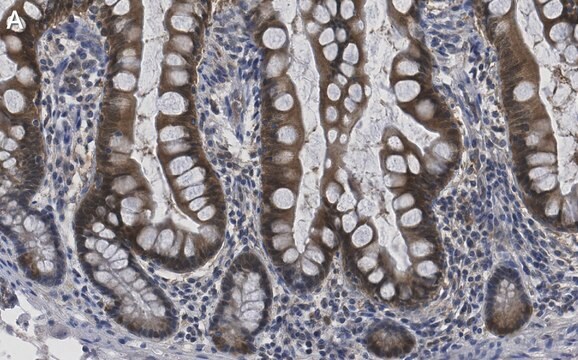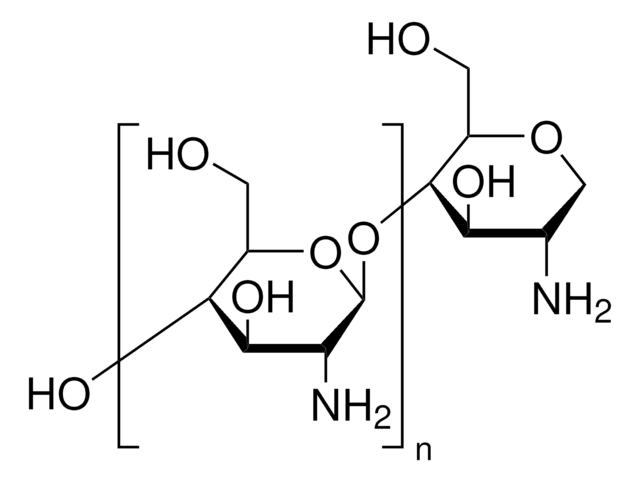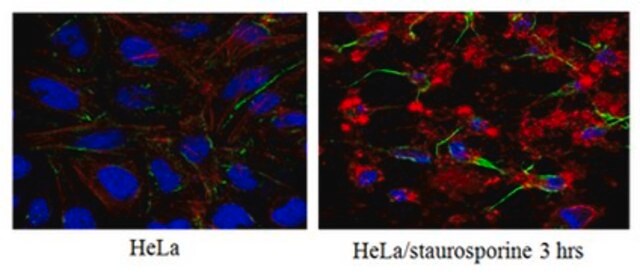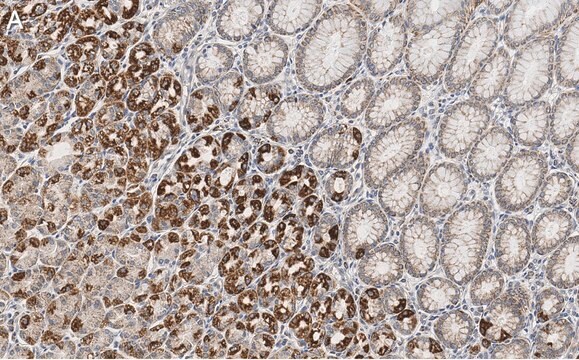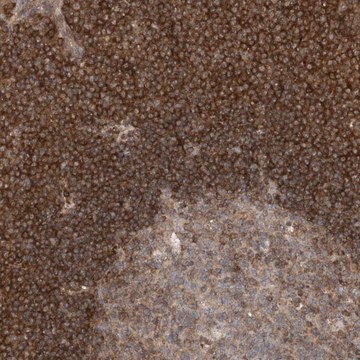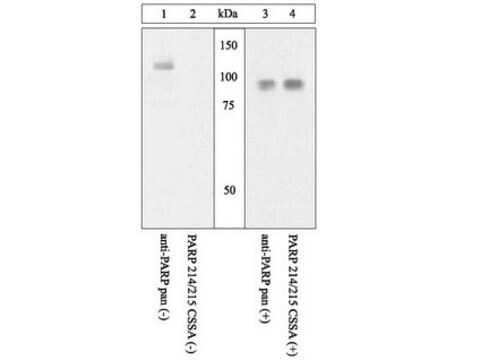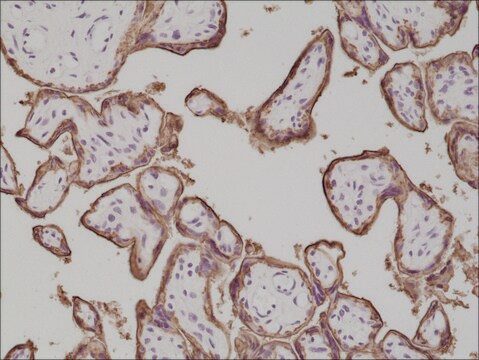C1104
Monoclonal Anti-Caspase 7 antibody produced in rat
clone 11E4, purified immunoglobulin, buffered aqueous solution
About This Item
Productos recomendados
origen biológico
rat
conjugado
unconjugated
forma del anticuerpo
purified immunoglobulin
tipo de anticuerpo
primary antibodies
clon
11E4, monoclonal
formulario
buffered aqueous solution
mol peso
antigen (full length) 35 kDa
antigen (subunit) 20 kDa
reactividad de especies
human
técnicas
immunoprecipitation (IP): suitable
microarray: suitable
western blot: 2-4 μg/mL using a whole extract of cultured human acute T cell leukemia Jurkat cells
isotipo
IgG2a
Nº de acceso UniProt
Condiciones de envío
dry ice
temp. de almacenamiento
−20°C
modificación del objetivo postraduccional
unmodified
Información sobre el gen
human ... CASP7(840)
Descripción general
Inmunógeno
Aplicación
- Immunoprecipitation
- Microarray
- Western blotting at a concentration of 2-4μg/mL using a whole extract of cultured human acute T cell leukemia Jurkat cells.
Acciones bioquímicas o fisiológicas
Nota de preparación
Cláusula de descargo de responsabilidad
¿No encuentra el producto adecuado?
Pruebe nuestro Herramienta de selección de productos.
Opcional
Código de clase de almacenamiento
10 - Combustible liquids
Certificados de análisis (COA)
Busque Certificados de análisis (COA) introduciendo el número de lote del producto. Los números de lote se encuentran en la etiqueta del producto después de las palabras «Lot» o «Batch»
¿Ya tiene este producto?
Encuentre la documentación para los productos que ha comprado recientemente en la Biblioteca de documentos.
Nuestro equipo de científicos tiene experiencia en todas las áreas de investigación: Ciencias de la vida, Ciencia de los materiales, Síntesis química, Cromatografía, Analítica y muchas otras.
Póngase en contacto con el Servicio técnico